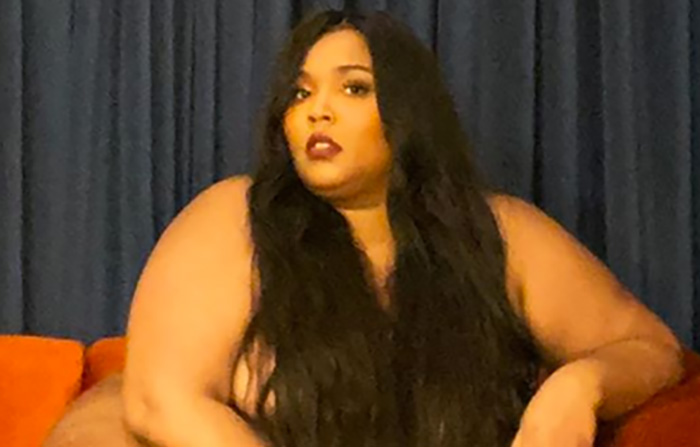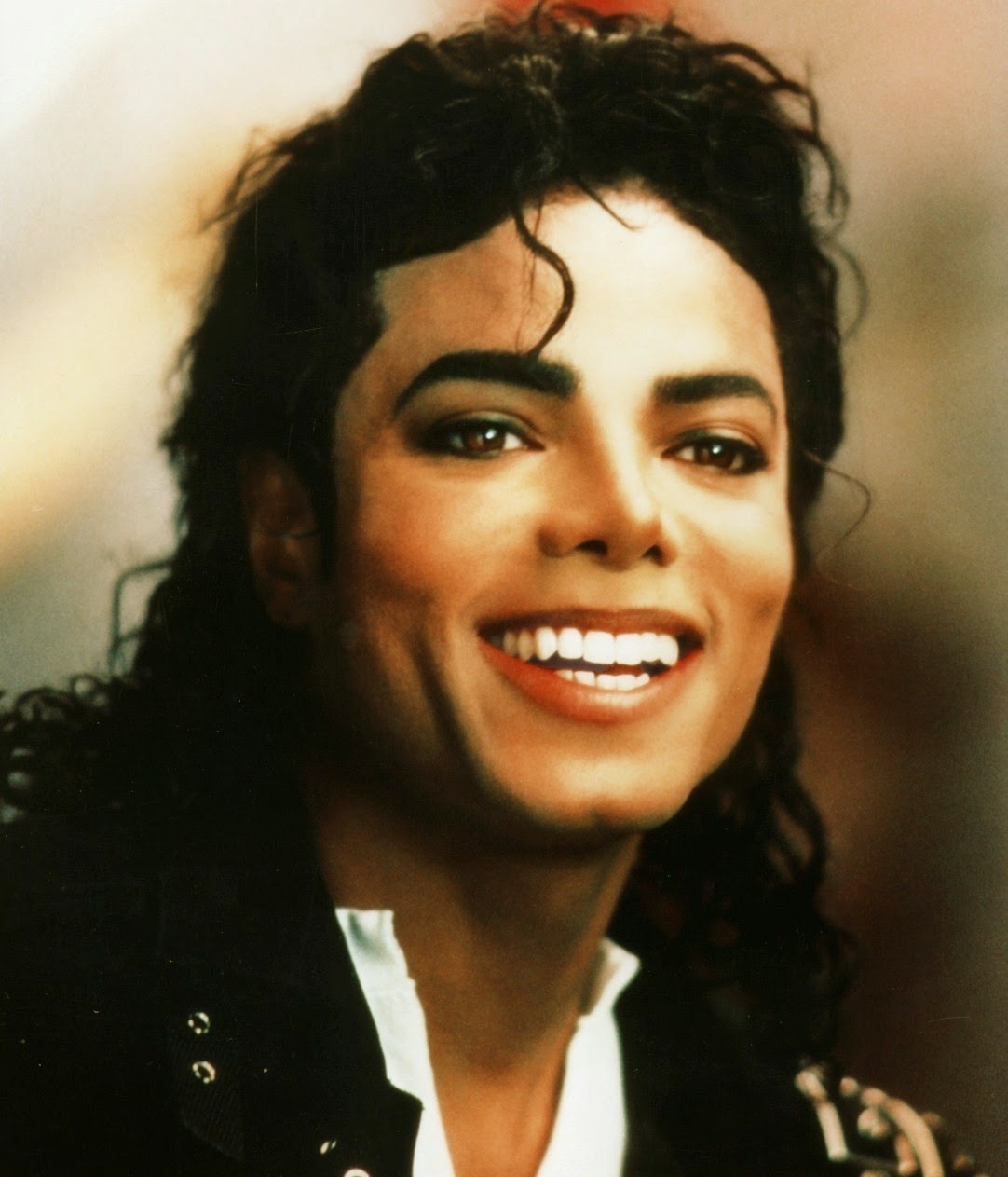
One of the last holdouts in the onslaught of major corporations seeking to take over the black-owned media space was the Johnson Publishing Company, which runs Ebony and Jet Magazines. As Essence Magazine, BET and other outlets found themselves running into the arms of a financial white knight, the Johnson family fought hard to maintain its independence. That quest was hindered when it was recently announced that JP Morgan Chase has bought a substantial stake in the company.
The announcement of the partnership represents the end of a 69-year period during which the company was family-owned. The terms of the deal were not disclosed, leading some to wonder why the owners want to keep the numbers a secret. My guess is that pride is playing a role in the secrecy, like a proud father who doesn’t tell his children that he borrowed money from the neighbors in order to pay the light bill.
Desiree Rogers, the CEO of the company, went out of her way to tell Richard Prince of Jounal-isms that the bank would only hold a minority stake and have a presence on the board.
It was “very important that the company remain minority-owned,” she said, claiming that it
“gives us the capital to move forward with the plans we’ve been working on — the continuing ‘rebranding’ of Ebony, which includes remaking the magazine’s digital platform; rebranding the pocket-sized Jet magazine, as it did with Ebony; and marketing the Fashion Fair cosmetics line more effectively.”
If there were ever a source of pride in black media, it would be the Johnson Publishing Company. Founded in 1945 with an initial press run of 25,000 copies, John H. Johnson built Ebony Magazine into a media beast, with a circulation of 1.9 million in 1997. Jet was founded in 1951 and had an equally impressive amount of success.
Most of us remember the happy days of Ebony and Jet, when both magazines had unquestioned power within the black community. Minds were shaped and stars were born within the pages of those magazines. But with power comes some degree of arrogance and complacency. Many felt that the Johnson family was too slow to adapt to the sudden rush of Internet media, which reshaped the landscape no less violently than a business version of Hurricane Katrina. Suddenly, coveted space within these magazines that once sought thousands of dollars for even the tiniest ads commanded only a fraction of previous value.
This partnership between JP Morgan Chase and the Johnson family, quite honestly, bothers me. I can also tell by the careful words used by Desiree that it bothers her too. Most of us are incredibly uncomfortable with the fact that the ability of African Americans to find our own voice has been slowly imperialized by big, wealthy (mostly white) corporations. It all seems harmless at first, like the pimp who offers food to the hungry girl in the bus station. Before long, the girl is wondering how she ended up on the corner turning tricks for another hit of blow.
Not to be exceedingly dramatic about all of this, the truth is that media is an awesome force in our society. It shapes minds and affects the dreams and visions (or lack thereof) of our children. NASA had an overabundance of applicants for its astronaut program because of televised space missions. HBCUs saw a boost in their enrollment numbers because “A Different World” was on the air every week. Now, little black boys who would have made outstanding doctors, lawyers and fathers, are hoping to grow into Lil Wayne after watching the BET Awards. On the female side, young black girls are seeing women like Nene Leakes and Shaunie O’neal (Executive Producer for “Basketball Wives”) being introduced as “empowerment speakers” at the Essence Music Festival. When Shaunie O’neal is chosen by CNN as the expert commentator on black female images in media, there’s not a damn thing that the black folks at Essence can do about it without the Time Inc. pimp hand being presented in full-effect. If only our girls could aspire to be more than basketball wives.
One of the greatest challenges for African Americans seeking to build institutions and navigate their way through a capitalist society is to fully understand the power of money and capitalism. Money is like a drug: it can make you healthy and strong, or it can turn you into an addict. By trying to keep up with the insatiable best of profit maximization and believing that the bottom line is all that matters, black media companies are finding that selling their power is the only way to survive in this economy. What is true, however, is that BET could have been a profitable entity while maintaining black ownership and focusing on a duel bottom line of revenue generation and community empowerment. But money becomes the trump card for even the most dastardly of corporate decisions, which is almost like a man marrying an evil woman just because she’s pretty.
The point is that black ownership in media must be considered to be an issue of cultural security. The same way the United States doesn’t allow too much foreign ownership of its airlines or nuclear power plants (without regard to how much extra money they can make by selling out), African Americans must understand the value of keeping specific assets within the control of black people. No matter how well-intended a partnership might be on the surface, the truth is that when the hard decisions are being made and that white editor comes into your office to tell you that your article is too radical, you have no choice but to stand down. Power comes with ownership, nothing less. Black folks need to learn this valuable lesson.

![Da Brat Marries Judy Dupart on 2.22.22 [PHOTOS]](https://hiphopucit.com/wp-content/uploads/2022/02/1645669184565-440x264.jpeg)
![Drake Reveals Photos of His Son Adonis [Photos]](https://hiphopucit.com/wp-content/uploads/2020/03/Drake-and-on-Adonis-HHUCIT.jpg)

![Megan Thee Stallion – “BOA” [NEW VIDEO]](https://hiphopucit.com/wp-content/uploads/2024/05/Megan_Thee_Stallion___BOA__Official_Video__1_12_screenshot-440x264.jpg)
![Doechii Feat. JT – “Alter Ego” [NEW VIDEO]](https://hiphopucit.com/wp-content/uploads/2024/05/Screenshot-of-Doechii-and-JTs-Al-440x264.png)
![Young Thug Feat. Drake Drop – “Oh U Went” [NEW VIDEO]](https://hiphopucit.com/wp-content/uploads/2023/07/Young-Thug-and-Drake-1014x570-1-440x264.png)
![50 Cent Sells His Headphones On QVC [VIDEO]](https://hiphopucit.com/wp-content/themes/Extra/images/post-format-thumb-text.svg)

![Cardi B Reveal She Makes $1.5M Per Show [VIDEO]](https://hiphopucit.com/wp-content/uploads/2022/02/cardi-b-miami-2021-billboard-1548-440x264.jpg)




